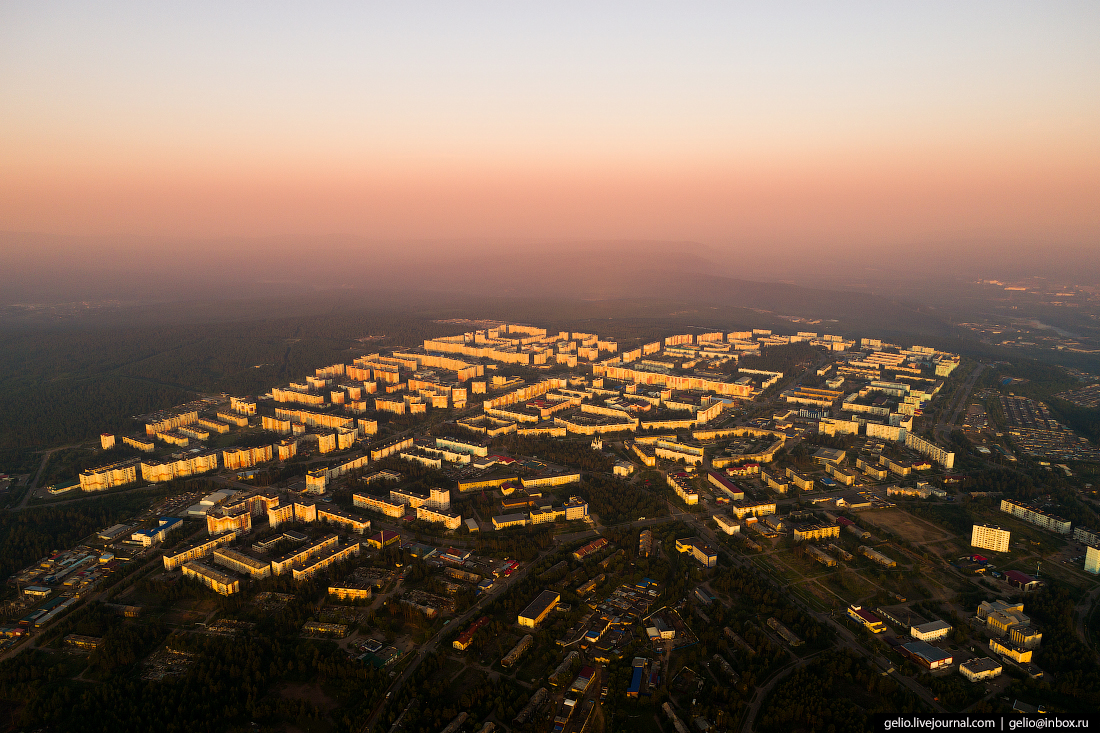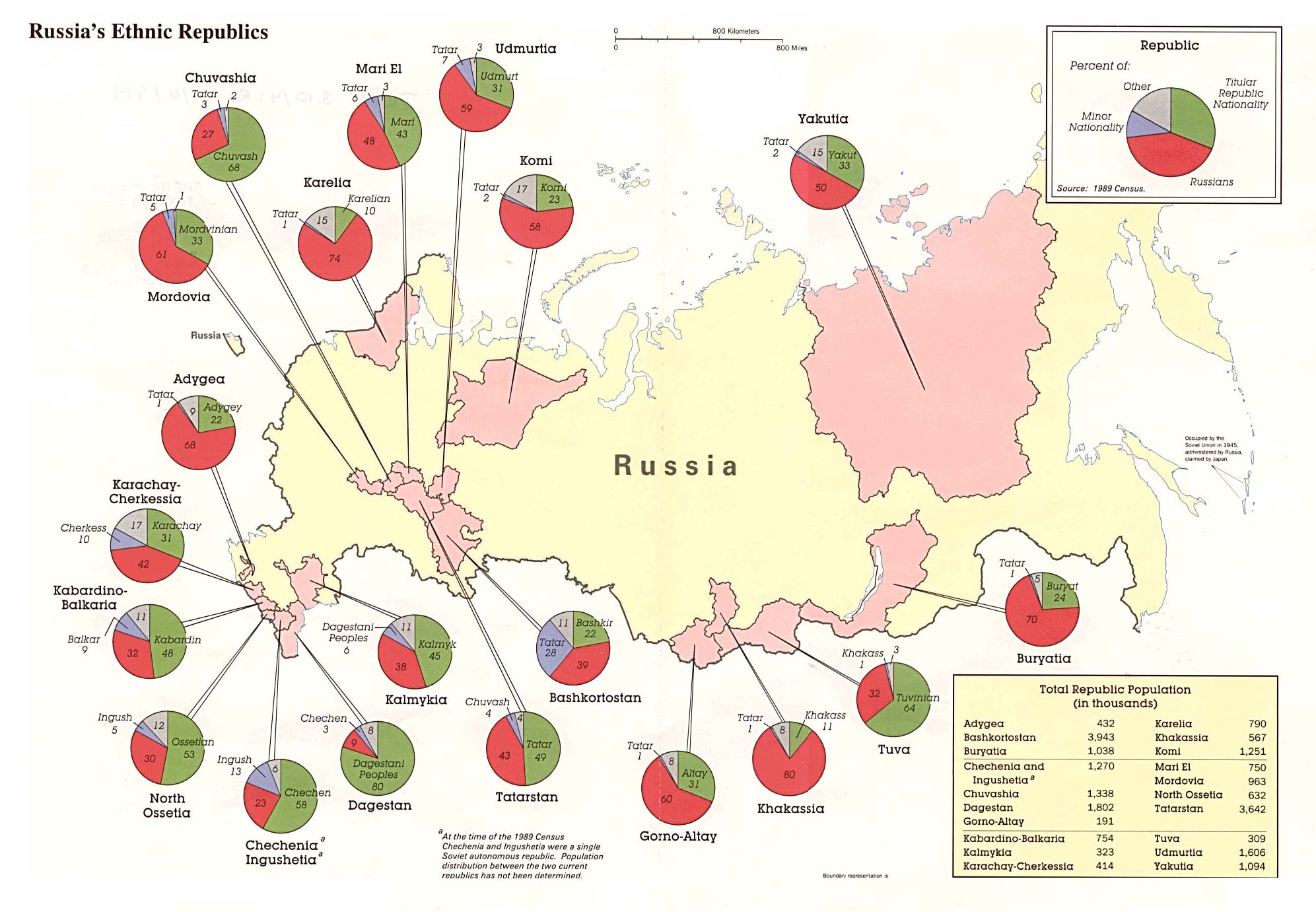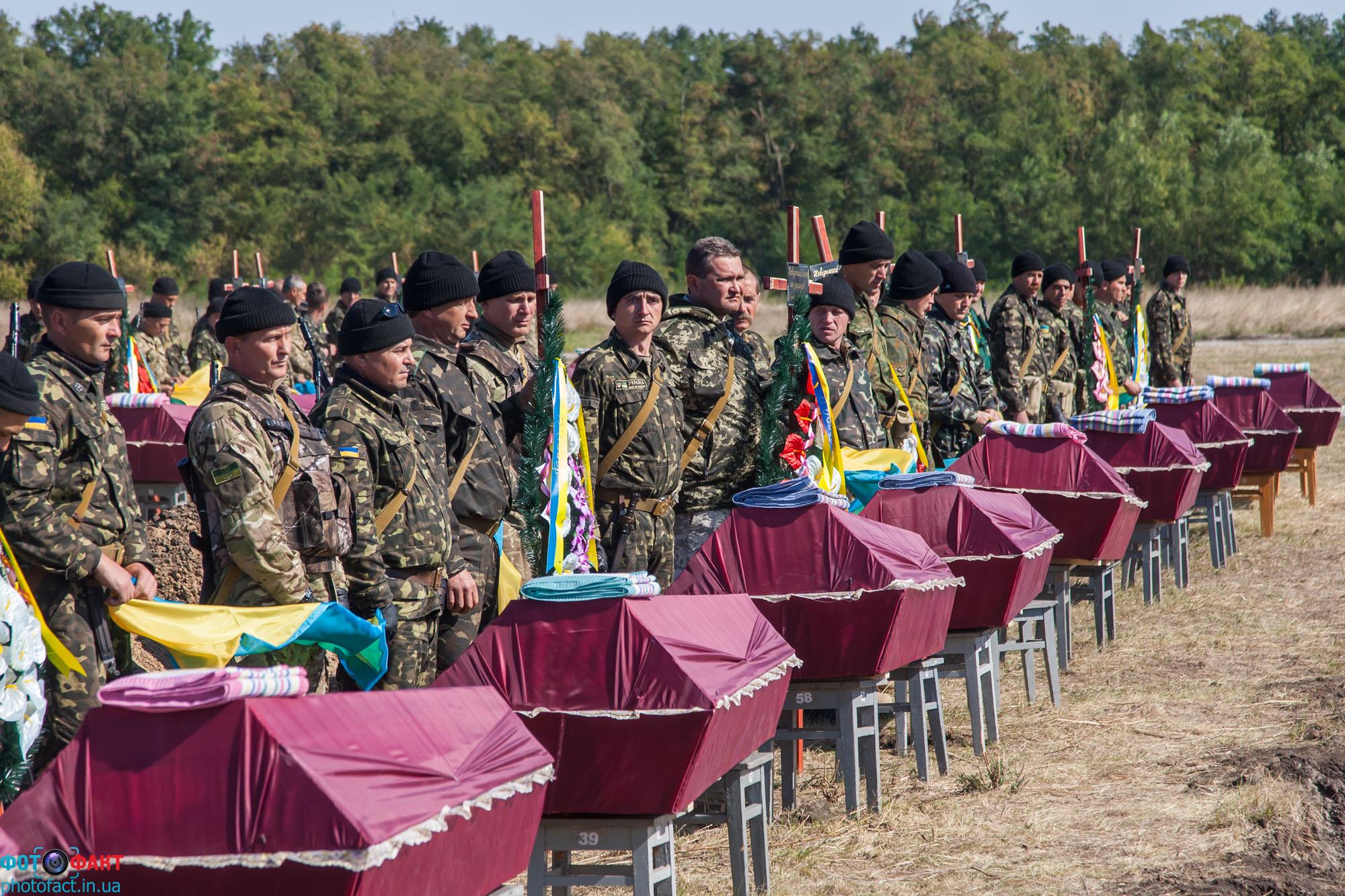The situation in and around Russia is now changing with such dizzying rapidity that it is all but impossible to keep up, given the overriding need to focus on Vladimir Putin’s continuing aggression in Ukraine. But many developments, small and large, are worth watching because of the potential each of them has to produce major changes in the future.
Below is a checklist of ten:
- The real incomes of Russians fell by 29 percent last month as a result of the recession and the collapse of the ruble, and more than a third of Russians expect that they will lose their jobs or see their wages cut in the coming months.
- The economic situation in Russia’s rural areas has deteriorated to the point that people from there are flooding into Moscow and other major cities in the hopes of finding work, possibly replacing Central Asian gastarbeiters who have left and not come back and forming a new and volatile class in many places.
- Russians are increasingly aware that if they are arrested, they may face more than punishment: they may die at the hands of their jailers, a pattern that some have called “death by arrest” given how widespread it has become.
- Ethnic Russians are indeed leaving the Baltic countries, but they are going to Europe rather than returning to Russia, a reflection of the opportunities they have even if they are not citizens to travel and work in the EU and their lack of interest in responding to Putin’s appeals to become part of his “Russian world.”
- Russian officials in the regions, facing their own economic problems, are putting pressure on refugees from the war in Ukraine to leave, and Moscow is imposing new and far more restrictive rules on people living near the Ukrainian border regarding transit.
- Ethnic conflicts are intensifying in the Russian armed forces with commanders and prosecutors forced to take the nationality of those under their command into account whenever they impose punishments and probably in many other cases as well.
- The Russian communications ministry is calling on publications to cut honoraria for freelancers, a step that it says reflects the worsening economic situation of these outlets but one that will give Moscow yet another whip hand in controlling the media.
- GONGOs, “Government-Organized Non-Government Organizations,” are making a comeback and being used as political weapons by the government against opposition figures and political parties.
- Despite economic problems, many regions are doing more to promote regional identities and branding. The latest example: Hard-pressed Siberia has announced plans for a new Siberian historical encyclopedia of more than 50 volumes.
- And although they have received little attention in recent months, the problem of company towns continues at a low boil, creating problems for Moscow to the point that one author says there is now “a Russian city that even Moscow fears” because of what problems there could mean for the entire country.





